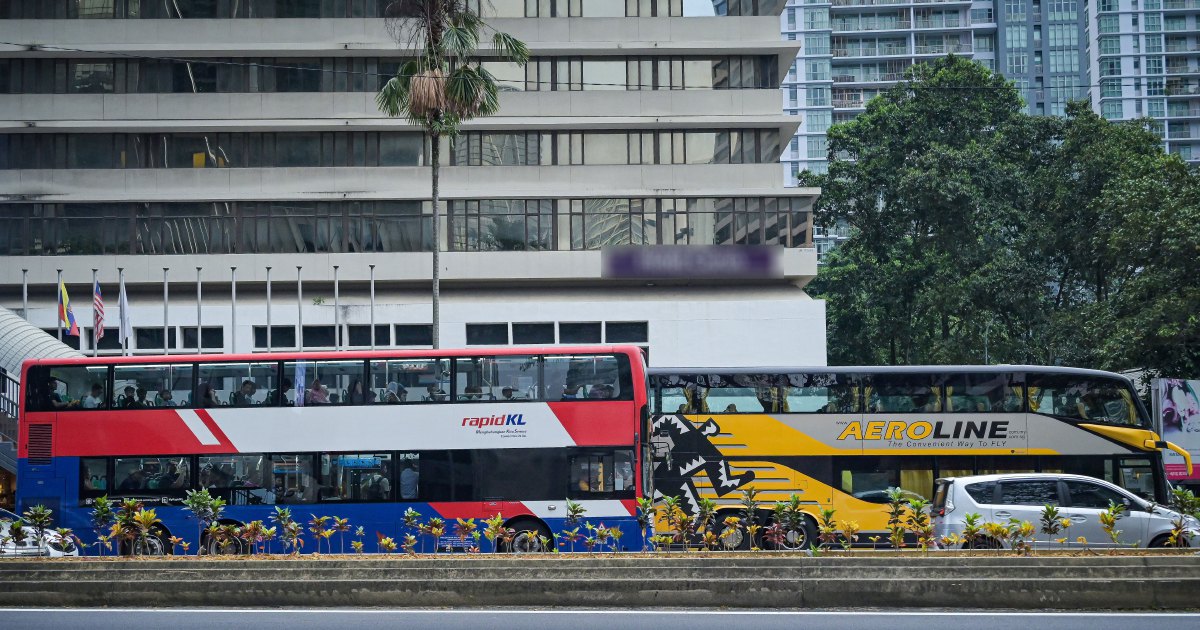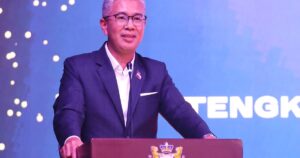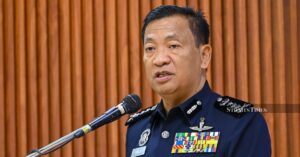KUALA LUMPUR: Shopping mall operators and hospitality groups have appealed to the authorities to reconsider suspending coach and bus services operating at shopping malls that ferry passengers to and from outstation destinations.
They warned that the directive would have a “tremendous negative impact” on the retail, hotel, and tourism sectors, especially with the upcoming year-end holidays and the Visit Malaysia 2026 (VM2026) campaign.
In a joint statement, the BB-KLCC Tourism Association, the Malaysia Association of Hotels, the Malaysian Association of Hotel Owners, and the Persatuan Pengurusan Kompleks Malaysia (PPK) — Malaysia Shopping Malls Association — said such services had been operating since 2006 and remained an integral part of Malaysia’s tourism ecosystem.
“These coach services have long served major malls in the Klang Valley, such as 1Utama, Sunway Pyramid, Berjaya Times Square, Nu Sentral, Avenue K and Suria KLCC, as well as Queensbay Mall in Penang.
“They directly benefit both shopping malls and affiliated hotels by offering convenience and accessibility to domestic and international tourists, particularly those from Singapore and Thailand.”
The directive, issued by the Land Public Transport Agency (Apad), will result in Aeroline temporarily halting all scheduled trips from Nov 6 to Dec 5.
Aeroline said that the suspension followed its refusal to move from its established service points at Corus KLCC, 1 Utama, and Sunway Pyramid.
According to tourism statistics, Singaporeans make up the majority of visitors to Malaysia, with 95 per cent of them being free and independent travellers (FITs).
Many of these tourists rely on direct bus transfers to malls and hotels, contributing significantly to Malaysia’s economy.
The associations said the suspension, which affects an estimated 500 buses, would not only disrupt passengers’ travel plans but also risk damaging Malaysia’s international reputation in the lead-up to VM2026.
“This sudden move could immediately undo the billions of ringgit worth of promotional efforts undertaken by Tourism Malaysia over the past two years,” the statement said.
The associations highlighted that coach stops at malls provide multiple advantages, including accessibility, safety, and convenience for travellers.
They pointed out that malls are easily recognised landmarks, offer clean restrooms, food courts, Wi-Fi, and shelter, and provide ticketing counters and waiting lounges for passengers.
“Malls serve as ideal meeting points and transport nodes, connecting tourists directly to hotels, convention centres and event spaces. They also offer higher safety and security compared to other stops,” they said.
The groups also emphasised the mutual benefits that such services bring to malls and hotels — from expanded customer reach and higher retail footfall to cultural and tourism synergy.
“Coach passengers contribute to incremental spending through shopping, dining, and entertainment.
“Direct access from neighbouring countries helps convert visitors into immediate retail customers and hotel guests,” they said.
They added that malls have become vital multi-functional hubs that combine retail, leisure, accommodation and transport, while also promoting Malaysia’s cultural diversity through festive décor and celebrations.
“By supporting this integrated tourism and shopping ecosystem, we strengthen the economy and enhance Malaysia’s image as an attractive and welcoming tourist destination.”
“We earnestly call on the authorities to consider the full tourism and shopping ecosystem and uplift the current suspension in the interest of the national economy and Malaysia’s international standing ahead of Visit Malaysia 2026.”
© New Straits Times Press (M) Bhd






